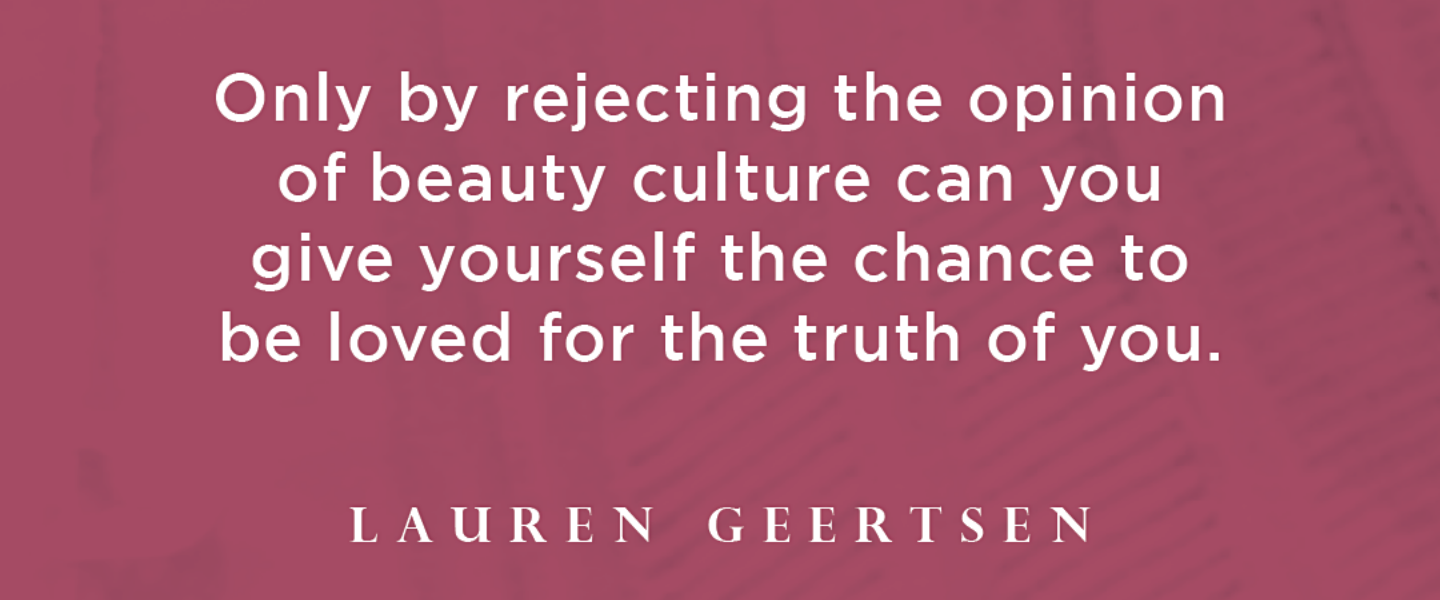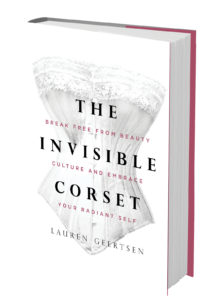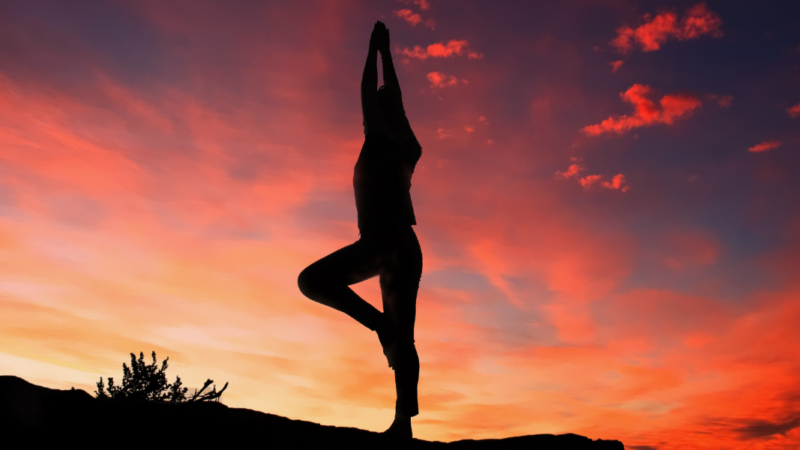Relearning to Love Our Body
The Practice of Reconnecting
Finish the sentence: “I’ll accept my body . . .”
For example:
“…when I lose 20 pounds.”
“…when I have fewer wrinkles.”
“…when I reach orgasm faster.”
Determine the emotional experience you want as a result of that. If numerous emotions come to mind, write them all down, and choose one that has the most charge or intensity.
Then complete the thought with, “As a result I’ll feel . . .”
Examples:
I’ll accept my body when I lose twenty pounds. As a result I’ll feel confident.
I’ll accept my body when I have fewer wrinkles. As a result I’ll feel relaxed.
I’ll accept my body when I reach orgasm faster. As a result I’ll feel sexual.
Now cross out the “when/as a result” statements:
I’ll accept my body when I lose 20 pounds. As a result I’ll feel confident.
I’ll accept my body when I have fewer wrinkles. As a result I’ll feel relaxed.
I’ll accept my body when I reach orgasm faster. As a result I’ll feel sexual.
Working with one statement at a time, start each morning asking yourself, “How can I have the experience of [desired emotion] today?” You might journal a few ideas to create that feeling in your day.

When we feel the need to change our appearance, it’s not because that’s the ultimate goal. We’re using body modification and alteration as a means to a positive emotional experience. But the means are always the end. As long as we use the mindset of body rejection, that’s the only outcome we’ll ever experience—no matter how much our body changes.
When doing this exercise, please note that words like beautiful or desirable do not describe feelings because they are statements of someone else’s perception of you. What we ultimately want is to feel good in our bodies, not to be judged positively by someone. Whenever we want someone’s positive judgment of our bodies, it’s because we think that’s the way we’re going to feel loved, safe, connected, expressive, or happy. Take the shortcut, and just go straight to creating that feeling in your life now.
Feelings are felt experiences in your body. Here are some examples:
Positive feelings: joyful, grateful, exhilarated, excited, aroused, peaceful, affectionate, inspired, hopeful, renewed, fulfilled, enchanted, delighted, calm, amazed, blissful
Negative feelings: hurt, sad, anxious, timid, angry, irritated, afraid, scared, confused, fatigued, tense, numb, helpless, uncomfortable, embarrassed, ashamed, exhausted, depleted, grief, appalled, shocked
Then there are pseudo-feelings—they’re not real feelings, but reflect your judgment of someone’s behavior or situation. Judgments are not feelings, they are mental ideas.
Pseudo-feelings include: abandoned, betrayed, invalidated, manipulated, misunderstood, disrespected, unseen, provoked, threatened, victimized, ignored.
This is an excerpt from The Invisible Corset: Break Free from Beauty Culture and Embrace Your Radiant Self by Lauren Geertsen.
 Lauren Geertsen is a body connection coach who helps women heal their relationship with food and body image. In her previous work as a nutrition consultant, Lauren realized the underlying problem for her clients was distrust of their bodies, which results from wearing the invisible corset. She now helps clients around the world trust their bodies and step into their soul purpose. Her website, empoweredsustenance.com, has supported over 40 million readers with holistic recipes and resources.
Lauren Geertsen is a body connection coach who helps women heal their relationship with food and body image. In her previous work as a nutrition consultant, Lauren realized the underlying problem for her clients was distrust of their bodies, which results from wearing the invisible corset. She now helps clients around the world trust their bodies and step into their soul purpose. Her website, empoweredsustenance.com, has supported over 40 million readers with holistic recipes and resources.
 Sounds True | Amazon | Barnes & Noble | Bookshop | Indiebound
Sounds True | Amazon | Barnes & Noble | Bookshop | Indiebound


